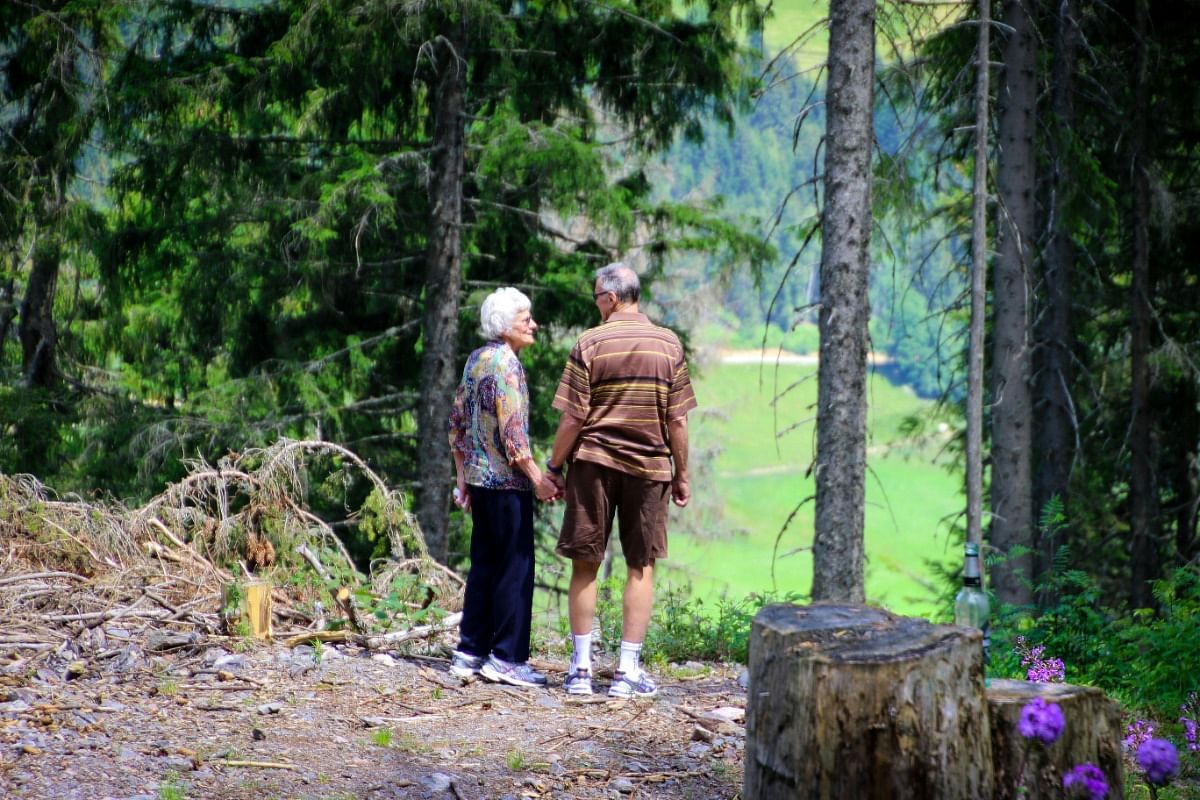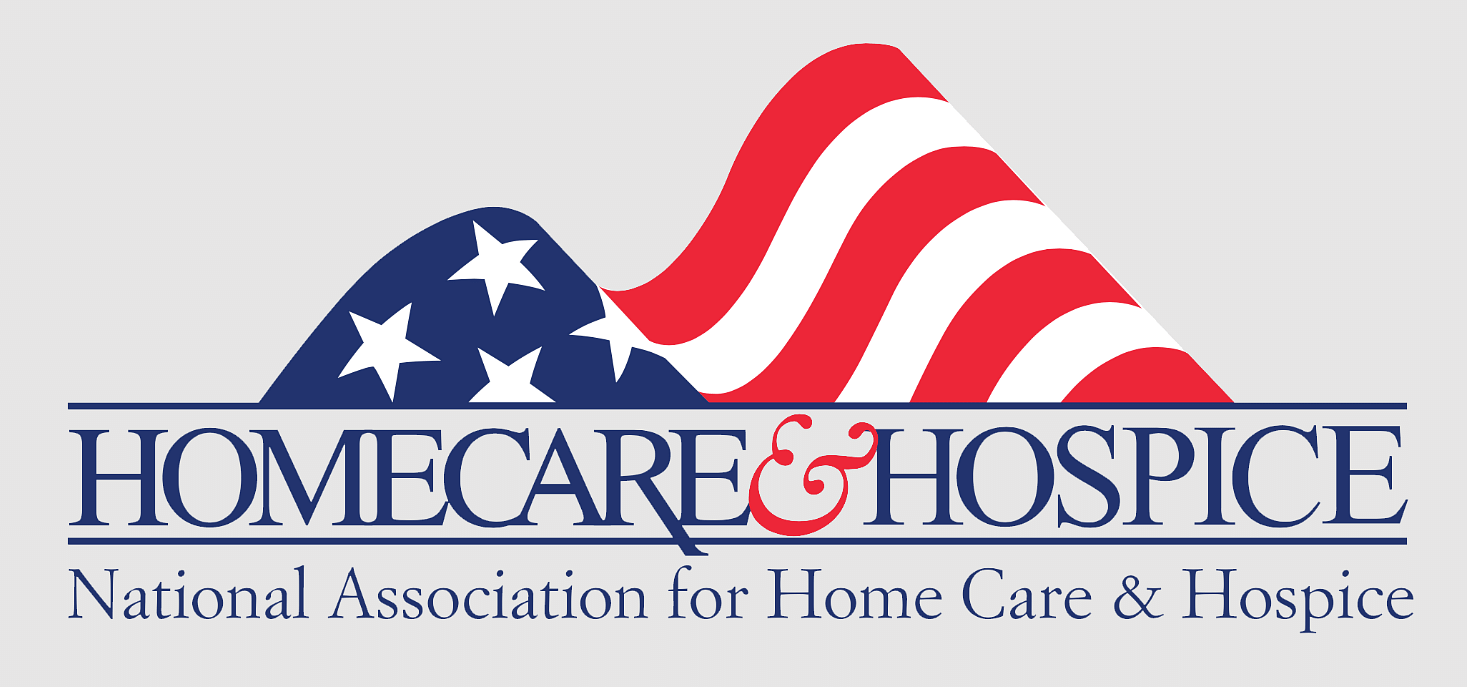Frequent Falls and Hospice Care
As people age, their bodies naturally become more fragile, making them increasingly vulnerable to accidents and injuries. One of the most common and devastating incidents for the elderly is a fall. What might be a minor stumble for a younger person can lead to severe consequences for someone in their later years. Falls and fractures among elderly individuals are a leading cause of hospitalization and can trigger a cascade of health complications. These accidents often mark the beginning of a significant decline in both physical and mental health, and for many, they signal the need for a shift in care focus—from curative treatments to comfort and quality of life.

The Impact of Falls and Fractures on the Elderly
Statistics on Falls in Older Adults
Falls are one of the leading causes of injury and hospitalization among elderly adults. According to the Centers for Disease Control and Prevention (CDC), more than one out of four older adults falls each year, and over 3 million are treated in emergency departments annually for fall-related injuries. These incidents often result in fractures, most commonly to the hip, spine, or wrist, which can have life-altering consequences. Even if the individual survives the fall and subsequent treatment, the road to recovery can be long and complicated, particularly when other chronic health conditions are present.
Physical Consequences of Falls
For many elderly individuals, a fall can result in severe physical trauma, such as hip fractures, head injuries, or broken limbs. A broken hip, for instance, typically requires surgery, followed by months of rehabilitation. Unfortunately, elderly patients often struggle to fully recover, leading to prolonged immobility and a loss of independence. Immobility, in turn, can lead to other serious health conditions such as bedsores, respiratory issues, and an increased risk of infections. The physical toll of a fall is compounded by the weakened state of an elderly body, making it difficult to heal or regain strength after surgery or treatment.
Psychological Consequences of Falls
In addition to physical harm, falls can also have a profound impact on an elderly person’s mental health. Many older adults develop a fear of falling again, which can lead to anxiety and a reluctance to engage in activities they once enjoyed. This fear can cause isolation, depression, and a further decline in overall health. The psychological toll of a fall can also make recovery even more difficult, as the individual may become less motivated to participate in rehabilitation or physical therapy. As a result, a fall can become the turning point that leads to a more rapid health decline.
Why Falls and Fractures Can Be a Trigger for Hospice Care
Chronic Health Conditions and Falls
Elderly individuals often suffer from chronic health conditions such as osteoporosis, arthritis, or Parkinson’s disease, all of which increase the risk of falls. These conditions not only make the elderly more prone to accidents but also complicate their recovery. When a fall occurs in someone already dealing with a debilitating illness, the body may be less able to heal properly. As a result, fractures, particularly hip or spinal injuries, can lead to a rapid decline in overall health. Chronic illnesses may worsen after a fall, with some individuals experiencing accelerated deterioration, making recovery unlikely. This is when families may begin to consider hospice care, which focuses on comfort rather than aggressive treatment.
Declining Overall Health After a Fall
A serious fall can be a catalyst for broader health issues. For elderly individuals, fractures can lead to a host of complications, including infections from surgery, pressure sores due to immobility, and even pneumonia from prolonged bedrest. Additionally, the stress of surgery or prolonged recovery can take a toll on other organs, particularly in those with pre-existing heart or lung conditions. This steep decline often leads to a point where curative treatment is no longer effective, and the focus shifts to improving the quality of life. In these situations, hospice care can be instrumental in providing symptom management and compassionate support.
Prolonged Recovery and Loss of Independence
Recovering from a fracture or fall is particularly challenging for the elderly. Often, the recovery process is incomplete, and many individuals never regain their full mobility or independence. They may become bedridden or dependent on others for daily care, leading to a reduced quality of life. When an elderly person can no longer perform basic tasks or enjoy meaningful activities, and medical interventions are unlikely to restore their independence, it may be time to transition to hospice care. Hospice can help ensure that the remainder of their life is spent with dignity and comfort rather than undergoing painful or futile medical treatments.
When to Consider Hospice Care After a Fall or Fracture
Hospice Eligibility Criteria: Hospice care is generally available to individuals who have a life expectancy of six months or less, and falls and fractures can often signal the beginning of this stage for elderly patients. If an individual has suffered a serious fall and is unable to recover fully due to age or chronic illness, they may become eligible for hospice care. This is especially true for patients who were already battling life-limiting conditions and are now further weakened by the fall. The decision to transition to hospice is made in consultation with medical professionals, who assess the patient’s overall condition, the likelihood of recovery, and the impact of the fall on their health.
Indicators That Hospice May Be Needed: After a fall, there are several signs that hospice care may be the best option. Frequent hospitalizations, increased dependence on caregivers, significant weight loss, and an inability to recover from surgery or physical therapy are key indicators. Additionally, if the individual is experiencing uncontrolled pain, frequent infections, or a noticeable decline in mental health, hospice can provide much-needed support. These signs suggest that curative treatments may no longer be beneficial and that the individual would benefit from a care plan focused on comfort and symptom management.
Benefits of Hospice Care After a Fall
Comprehensive Pain and Symptom Management: One of the primary benefits of hospice care for elderly individuals who have suffered a fall is effective pain and symptom management. Falls and fractures can cause significant physical discomfort, and many elderly patients struggle with chronic pain after these injuries. In a hospice setting, the focus is on alleviating this pain through medication and other supportive therapies, allowing patients to live out their remaining time in comfort. Additionally, hospice care addresses symptoms beyond pain, such as difficulty breathing, immobility, and digestive issues that often arise from prolonged bedrest or surgery. The goal is to manage these symptoms holistically, ensuring the patient’s physical, emotional, and mental well-being.
Improved Quality of Life: Hospice care is designed to improve the overall quality of life for patients during their final months. After a serious fall, many elderly individuals face a steep decline in their ability to enjoy life as they once did. Hospice care allows them to focus on what truly matters—spending time with loved ones, reflecting on their life, and engaging in meaningful activities without the stress of undergoing invasive medical treatments. Care is provided in a familiar environment, whether that is the patient’s home or a hospice facility, allowing them to feel comfortable and at ease. By prioritizing comfort over curative care, hospice enables patients to live their final days with dignity.
Support for Families: In addition to the benefits for the patient, hospice care provides essential support for families who are navigating the emotional and practical challenges of caring for a loved one after a fall. Families often feel overwhelmed by the caregiving responsibilities, especially when faced with an elderly loved one’s rapid decline in health. Hospice teams include social workers, counselors, and spiritual care providers who offer emotional support and guidance to family members. Furthermore, hospice care includes inpatient respite services, which are short stays in a Skilled Nursing Facility that allow caregivers time to rest and recharge. After a patient’s passing, bereavement services help families cope with their loss, offering ongoing emotional support during the grieving process.
How Anvoi Hospice Can Help
Expert Care Tailored to the Patient’s Needs: At Anvoi Hospice, we specialize in providing expert care for elderly individuals who have suffered falls and fractures. Our team includes skilled nurses, physicians, social workers, and chaplains, all of whom work together to create a personalized care plan for each patient. We understand that every individual’s situation is unique, and we take the time to assess the specific physical, emotional, and spiritual needs of our patients. This personalized approach ensures that each patient receives the care that will provide them with the greatest comfort and quality of life in their final months.
Holistic Support for Families: Anvoi Hospice also extends our care and support to the families of our patients. We know that caring for a loved one after a fall can be physically and emotionally exhausting, and we are here to help. Our team provides education on what to expect as your loved one transitions to hospice care and offers guidance on how to cope with the emotional toll of their declining health. Additionally, we offer respite care services, giving families much-needed time to rest while their loved one is cared for by professionals. After your loved one’s passing, our bereavement counselors will continue to support you through the grieving process, helping you navigate this difficult time with compassion and understanding.
Compassionate Care When You Need It Most
If your elderly loved one has recently suffered a fall or fracture and is experiencing a significant decline in health, it may be time to consider the benefits of hospice care. At Anvoi Hospice, we understand how difficult this decision can be for both patients and families. Our compassionate team is here to provide the support, care, and guidance you need during this challenging time. We focus on improving the quality of life for your loved one, ensuring they are comfortable and at peace while receiving expert medical care tailored to their unique needs.
Don't wait until the frequent falling situation becomes overwhelming. Reach out to Anvoi Hospice today to learn how we can help your loved one transition to hospice care with dignity and comfort. Our dedicated team is available to answer any questions you may have and walk you through the process of starting hospice services. Let us be there for your family when you need it most, providing compassionate care and support every step of the way.










